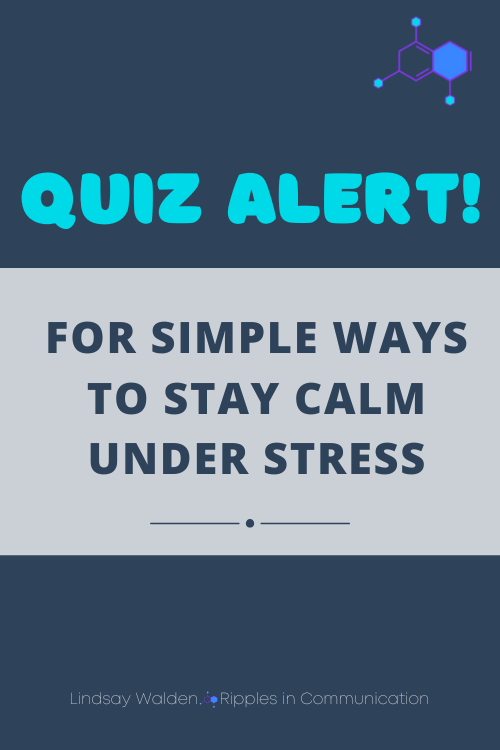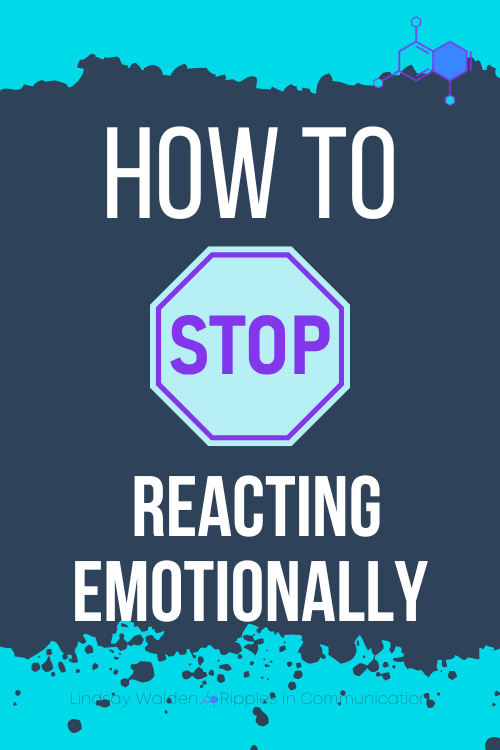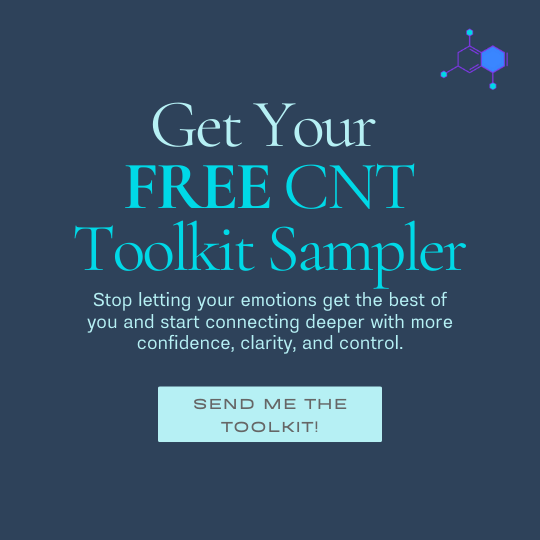How Well Do You Manage Your Emotions? Take the Mini CNT Emotional Neutrality Assessment
Do you ever catch yourself reacting emotionally before you even have a chance to think? Maybe it’s frustration rising in a tense conversation, anxiety taking over when plans change, or shutting down emotionally when things feel overwhelming.
You’re not alone. Emotional regulation is a skill, one that takes awareness, practice, and intention. It affects everything from your relationships and decision-making to your stress levels and overall well-being.
The Mini CNT Emotional Neutrality Assessment, part of the CNT Toolkit Sampler, is a simple but powerful tool designed to help you evaluate your emotional regulation skills. This quick assessment gives you insight into your strengths and areas for growth, helping you take control of your emotional responses rather than letting them control you.
In this post, we’ll explore:
How the assessment works and what it reveals about your emotional habits
How to interpret your results and what they mean for your personal growth
Practical strategies to improve your emotional regulation and respond to challenges with clarity and confidence
If you’ve ever wished for more control over your emotions, this is where it starts.
Don’t forget to grab your FREE CNT Toolkit Sampler before you proceed!
Have you grabbed your FREE CNT Toolkit Sampler yet? It’s packed with science-backed tools designed to help you regulate emotions, manage stress, and develop deep self-awareness. If you’ve ever felt overwhelmed by your reactions or stuck in negative thought patterns, this toolkit will give you the proven strategies I use with clients to help them strengthen emotional neutrality, rewire unhelpful responses, and build lasting resilience. Inside, you’ll find practical exercises and guided reflections to help you navigate challenges with clarity and confidence. Enter your email below, and I’ll send it straight to your inbox!
What Is the Mini CNT Emotional Neutrality Assessment?
Ok! Let’s begin!
The Mini CNT Emotional Neutrality Assessment is designed to help you understand your current ability to:
Pause Before Reacting: Do you take a moment to reflect before responding to strong emotions, or do you react instantly?
Identify Emotional Triggers: Are you aware of the specific situations, words, or actions that set off emotional reactions?
Label Emotions Accurately: Can you clearly name what you’re feeling, or do emotions often feel confusing or overwhelming?
How It Works
The assessment consists of three simple self-reflection questions. Rate yourself on a scale from 1 to 5, with 1 being "Strongly Disagree" and 5 being "Strongly Agree."
I pause before reacting to strong emotions.
I can identify my emotional triggers.
I am able to label my emotions accurately.
Scoring Guide
3–6: Your emotional responses may feel overwhelming or automatic at times. This is a great opportunity to develop greater self-awareness and build skills to manage emotions more effectively.
7–10: You’re making progress! While you have some control over your emotions, there may be certain situations where strong feelings still take over. Keep practicing.
11–15: You have excellent emotional regulation skills. Your ability to pause, reflect, and respond intentionally is a strength that benefits your relationships, decisions, and well-being.
This assessment isn’t about judgment—it’s about awareness. Knowing where you are now allows you to take intentional steps toward emotional mastery.
Why This Assessment Matters
Understanding your emotional habits is the first step toward improving them. Without self-awareness, emotional patterns run in the background, influencing decisions, relationships, and stress levels.
The Mini CNT Emotional Neutrality Assessment provides:
Clarity: Helps pinpoint where you excel and where you struggle when it comes to managing emotions.
Direction: Guides you toward specific areas to focus on so you can improve emotional regulation in meaningful ways.
Motivation: Serves as a starting point for growth, allowing you to track your progress over time.
By identifying your emotional strengths and challenges, you empower yourself to respond with awareness, rather than reacting on autopilot.
How to Use Your Results to Strengthen Emotional Regulation
Once you’ve taken the assessment, your score serves as a roadmap for your personal growth.
If Your Score Is Between 3–6:
Focus on building self-awareness by journaling about your emotions each day.
Use the CNT Emotional Neutrality Checklist to practice pausing before reacting.
Identify one daily habit that helps create emotional balance, such as taking deep breaths before responding in difficult situations.
If Your Score Is Between 7–10:
Notice patterns—what situations or people trigger emotional reactions for you?
Use targeted tools like diaphragmatic breathing (included in the CNT Toolkit Sampler) or practicing naming your emotions out loud before responding.
Explore specific situations where you struggle to regulate emotions, such as high-stress meetings, personal conflicts, or unexpected changes.
If Your Score Is Between 11–15:
Celebrate your progress! Your ability to regulate emotions is strong.
Maintain consistency by pairing emotional neutrality with mindfulness practices like meditation or reflective journaling.
Continue refining your skills by helping others with emotional regulation—teaching a skill deepens your own mastery.
Wherever you start, growth is always possible. Emotional regulation isn’t about perfection—it’s about progress.
Real-Life Example: How This Assessment Helped Emma Stay Calm Under Pressure
Emma, a middle school teacher, often felt overwhelmed during parent-teacher conferences. She would find herself reacting defensively to criticism, struggling to keep her emotions in check.
After taking the Mini CNT Emotional Neutrality Assessment, she scored a 6, highlighting a challenge with pausing before reacting.
How Emma Used Her Results to Improve:
She started using the CNT Emotional Neutrality Checklist before each meeting.
She journaled about her biggest emotional triggers and worked on identifying them earlier.
Over time, she learned to pause, breathe, and respond thoughtfully, rather than feeling defensive or overwhelmed.
Within a few months, Emma felt more in control, calmer, and better equipped to handle challenging conversations.
Her story is proof that small changes lead to big transformations.
Tips for Maximizing the Benefits of the Assessment
Revisit the assessment regularly. Your emotional regulation skills will grow with practice—checking in every few months helps track progress.
Combine it with other CNT tools. The CNT Emotional Neutrality Checklist and journaling prompts (included in the CNT Toolkit Sampler) help deepen emotional awareness.
Reflect on your progress. Keep a record of your scores over time and celebrate the improvements you make in handling emotions.
The Benefits of Strengthening Your Emotional Regulation Skills
✔ Improved Self-Awareness – Understanding your emotional patterns empowers you to change them. ✔ Better Relationships – Regulating emotions leads to more thoughtful, constructive communication. ✔ Increased Resilience – Handling emotions effectively helps you navigate stress and uncertainty with ease. ✔ Greater Emotional Freedom – When emotions don’t control you, you gain the power to choose how you respond to life’s challenges.
Take Control of Your Emotional Responses Today
Emotional regulation isn’t something you’re born with—it’s a skill you develop. The Mini CNT Emotional Neutrality Assessment is your starting point for understanding your emotional habits, identifying areas for growth, and taking intentional steps toward greater clarity, control, and confidence.
If you’re ready to start mastering your emotions, download the CNT Toolkit Sampler now and take the assessment today.
Get the FREE CNT Toolkit Sampler and start transforming your emotional responses!








